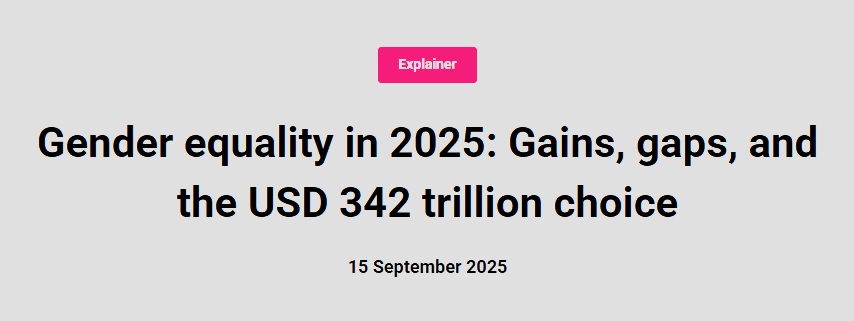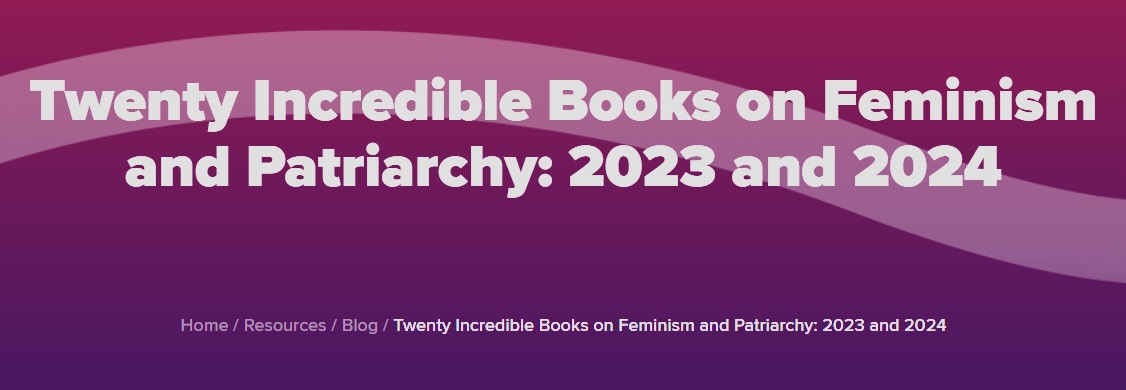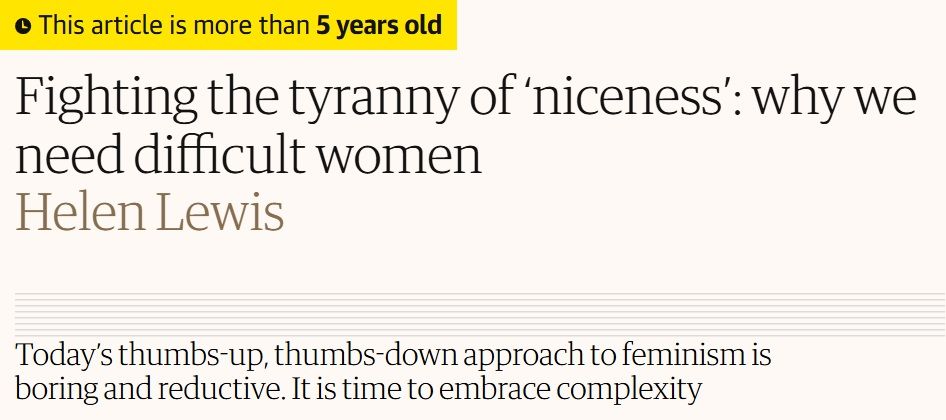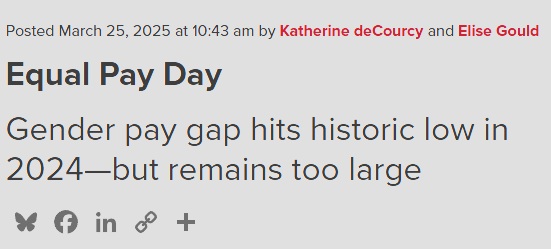Beijing+30: A Critical Moment for Global Women's Rights

2025 marks the 30th anniversary of the Beijing Declaration and Platform for Action. Despite progress, 24% of countries report backlash on gender equality, and 10% of women still live in extreme poverty. This is a critical moment to renew commitments.
Related Topics
A Historic 30th Anniversary
2025 marks the 30th anniversary of the Beijing Declaration and Platform for Action — the most progressive and widely endorsed blueprint for women’s and girls’ rights worldwide. Adopted in 1995 by 189 governments at the Fourth World Conference on Women in Beijing, this document set a vision for women’s and girls’ rights globally.
Thirty years later, we stand at a crossroads: push forward or let backlash forces reverse hard-won progress.
The Stark Reality: 2025 Data
Poverty Crisis Persists
- 10% of women live in extreme poverty, a number that hasn’t improved since 2020
- 351 million women and girls could still be trapped in extreme poverty by 2030
- If governments act now, women’s extreme poverty could fall from 9.2% in 2025 to just 2.7% by 2050
Political Representation Stagnates
As of January 1, 2025:
- Women hold 27.2% of seats in national parliaments
- Up 4.9 percentage points from 2015
- But only 0.3 points from 2024 — progress has nearly stalled
Violence Epidemic
- One in three women experiences violence in her lifetime
- 35% of women aged 15-49 have experienced physical and/or sexual intimate partner violence or non-partner sexual violence
The Perfect Storm of Backlash
24% of Countries Report Gender Equality Backlash
In reviewing progress thirty years after Beijing, nearly a quarter of countries report that backlash on gender equality has undermined the implementation of commitments that could unlock equality, rights, and protection for all women and girls.
Rise of Authoritarianism
- Nearly three-quarters of the world’s population lives under autocratic rule
- Democratic decay has curtailed rights and freedoms
- Insecurity, crises, and democratic decay have created a “perfect storm of backlash against women’s rights”
The $342 Trillion Choice
Economic Potential
With the right actions:
- The global economy could see a USD 342 trillion boost by 2050
- Closing care gaps could create 300 million jobs by 2035
- Closing the digital gender divide could save $500 billion over five years
Key Investment Areas
- Social protection and care services
- Digital inclusion and technology access
- Violence prevention and response services
- Political participation and leadership
- Climate justice and sustainable development
Voices from the Frontlines
Jaha Dukureh, UN Women Goodwill Ambassador for Africa
“The backlash against gender equality often stems from fear—fear of losing power, privilege, and control. As more women, survivors and marginalized groups demand equality and challenge long-standing systems of oppression, those who benefit from the status quo feel threatened.”
Tarana Burke, Founder of #MeToo Movement
“As bad as it looks, as hard as this moment is, we are in it because we’re winning. I feel hopeful when I am watching us continue to push through these moments and be really focused on the goal.”
CSW69: The Critical Review
The UN Commission on the Status of Women (CSW69) will meet in New York from March 10-21, 2025, to assess progress, reviewing a series of global, regional, and more than 150 national reports.
Meeting Focus:
- Assessing 30 years of progress and gaps
- Addressing emerging challenges and backlash
- Developing strategies for accelerated action
- Mobilizing political will and resources
Care Work: Society’s Backbone
The Unequal Burden
- Women do at least twice as much unpaid care work as men
- Care is “the backbone of all societies”
- Yet care work remains undervalued and unpaid
Transformative Potential
Investing in the care economy could:
- Create millions of decent jobs
- Reduce gender inequality
- Boost economic growth
- Build more resilient societies
The Digital Divide: A $500 Billion Opportunity
Current Gaps
- Women have less access to and use of technology
- Disparities in digital skills and literacy
- Online violence and harassment
Benefits of Closing the Gap
- $500 billion saved over five years
- Increased economic participation
- Improved education and health outcomes
- Enhanced political and social empowerment
The 2025 Call to Action
Immediate Priorities
- Protect existing rights from further rollbacks
- Invest in gender data to understand and address challenges
- Support feminist movements by funding and amplifying their work
- Counter backlash by combating misinformation and extremism
- Build coalitions across movements and sectors
Let History Remember
“Let history remember 2025 as the year the world refused to give up on women’s rights.”
Youth’s Role: Catalysts for Change
Empowering the Next Generation
The 2025 theme particularly emphasizes empowering youth, especially young women and adolescent girls, as catalysts for lasting change.
Youth Priorities
- Access to education and skills
- Sexual and reproductive health and rights
- Freedom from violence
- Political participation
- Climate justice
A Moment for Global Solidarity
Beijing+30 Represents:
- An opportunity to renew commitments
- A moment to assess progress and gaps
- A platform to address new challenges
- A catalyst to build stronger movements
We Cannot Wait Another 30 Years
The world cannot wait for another 30 years to fulfill the promise of gender equality. Today we stand stronger, more united, more diverse, and determined to become the first generation to achieve gender equality.
The Path Forward
From Backlash to Breakthrough
Despite challenges, there are reasons for hope:
- Feminist movements are stronger and more diverse than ever
- Young generations are demanding change
- Technology offers new tools for organizing and advocacy
- Global solidarity is growing
Everyone’s Role
Achieving the Beijing vision requires everyone:
- Governments: Implement and fund gender equality policies
- Businesses: Ensure workplace equality and inclusion
- Civil society: Continue advocacy and accountability
- Individuals: Challenge gender norms in daily life
Conclusion: Choosing Our Future
Beijing+30 isn’t just an anniversary — it’s a defining moment for humanity. The choice we face is clear:
Do we succumb to backlash and let women’s rights regress by decades? Or do we seize this moment to finally deliver on the promises made 30 years ago?
The $342 trillion economic potential is just the beginning. The real prize is a world where all women and girls can reach their full potential, free from violence, discrimination, and poverty.
2025 must be the year we choose to move forward — for ALL women and girls: Rights. Equality. Empowerment.
History is watching. The choice is ours.
Related Articles

Breaking Free: Why 'Equality' Is a Patriarchal Lie
New book 'Breaking Free' reveals how 'equality' is a racist, patriarchal ideal that keeps women and marginalized communities chasing an unattainable goal. True liberation requires not equality, but freedom.

Fighting the Tyranny of 'Niceness': Why We Need Difficult Women
This article critiques the expectations of 'perfection' and 'likability' in contemporary feminism, calling for recognition of the complexity and contradictions within feminism, and embracing those 'difficult women' who are nonconformist, hard to categorize, but drive change.

Equal Pay Day 2024: Gender Pay Gap Hits Historic Low—But Remains Too Large
In 2024, women in the US earn an average of only 85% of what men earn, with the gender pay gap reaching a historic low of 18% but progress remains painfully slow. Women with advanced degrees face an even larger pay gap, losing over $32,500 annually. This economic inequality is not just a personal loss but a manifestation of systemic discrimination.
Support Our Work
If this content has been helpful to you, please consider supporting us to continue curating quality feminist resources
☕ Buy me a coffeeComments & Discussion
Share your views and feelings about this article
Join the Discussion
Share your views and feelings about this article
Loading comments...